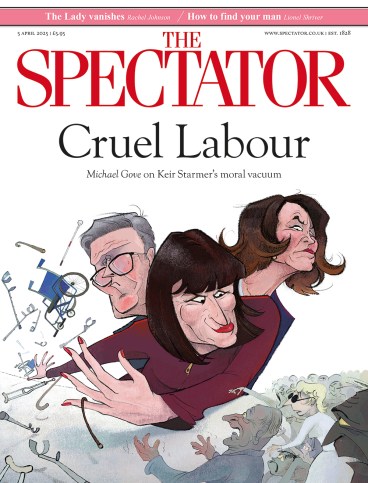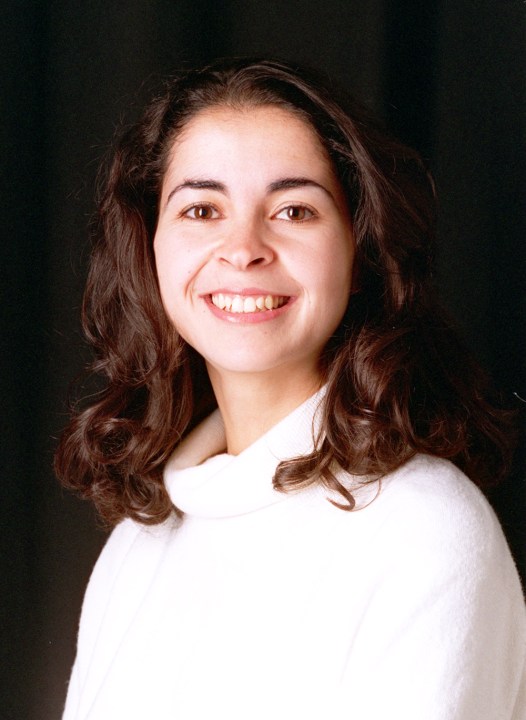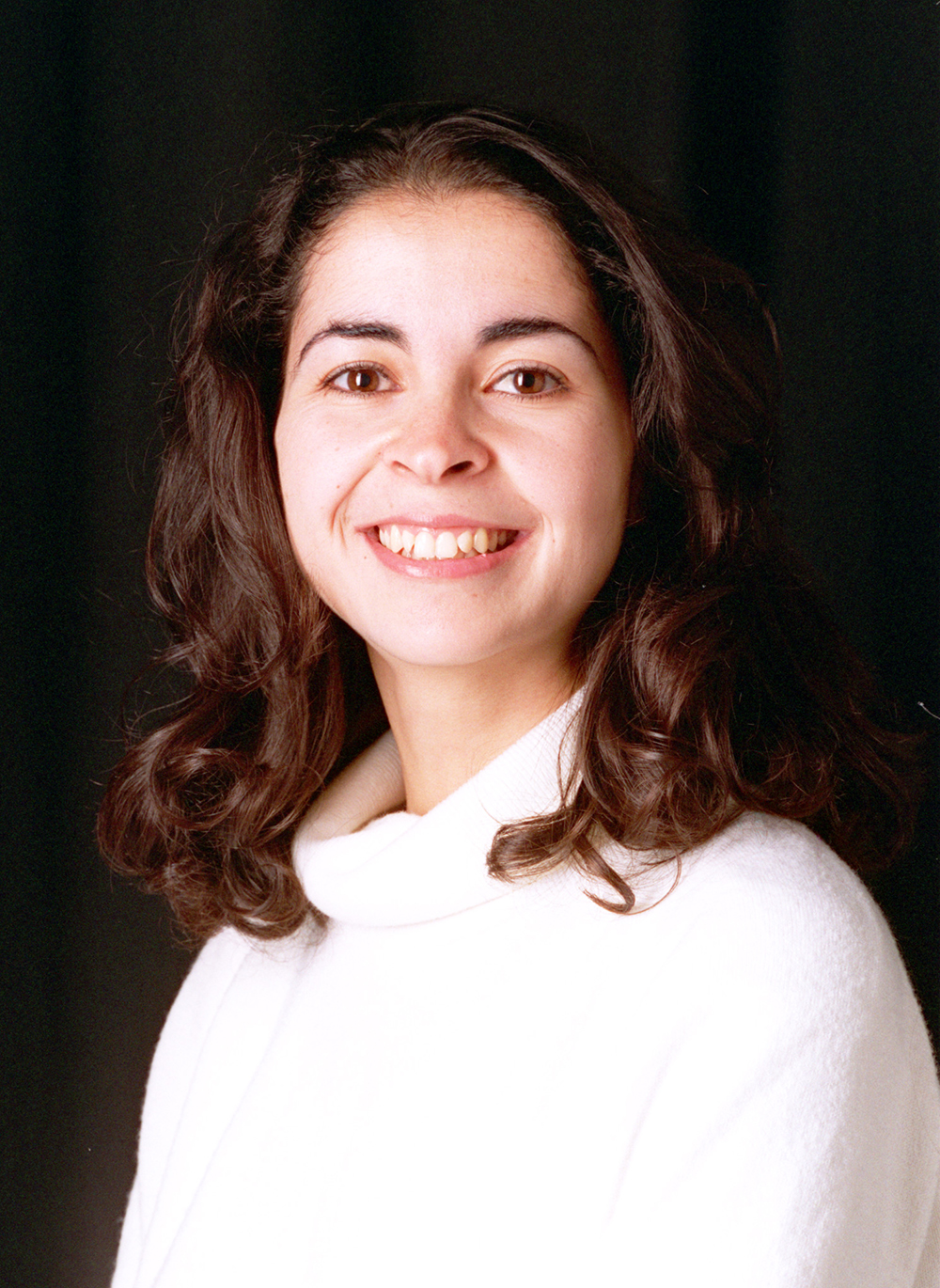
‘In dreams begins responsibility,’ wrote W.B. Yeats. In the near-future America imagined by Laila Lalami, culpability starts there, too. Charged with the prevention of potential crimes, the Risk Assessment Administration monitors not just every aspect of citizens’ behaviour but, via tiny ‘neuroprosthetics’, the hidden drives revealed in sleep. As an RAA agent insists: ‘Every murder starts with a fantasy.’ If those nocturnal fantasies grow too ‘troublesome’, and your personal ‘risk score’ edges above the key threshold of 500, prepare for at least 21 days of ‘forensic observation’ as an inmate of a ‘retention’ centre. Not quite prison, ‘it’s not not a prison’ either: instead, a ‘kind of a grey area’.
For her fifth novel, the Moroccan-born American writer takes a risky leap into the crowded field of technological dystopias. Even in the genre’s ‘pre-crime’ or ‘thoughtcrime’ corner, the foundational nightmares (Nineteen Eighty-Four and Philip K. Dick’s The Minority Report) still spawn heirs and variants – last year in Frida Isberg’s The Mark, set in Iceland.
Like Isberg, Lalami highlights not the cruelty but the kindness of advanced mass surveillance, mandated in the US under the ‘Crime Prevention Act’ after (the back-story explains) a Super Bowl massacre by a shooter with a record of threats. In The Dream Hotel’s present, climate breakdown has parched and scorched much of America. But, with majority support, ‘algorithmic policing’ has almost halved gun deaths and suicides, even if ‘the line of legality has moved’. Forget Benjamin Franklin’s much disputed admonition: the US seems to have traded essential liberty for temporary safety, and to like the bargain.
Sara Hussein, a Californian museum archivist from a Moroccan migrant family, unwittingly crosses that new line when she lands back in Los Angeles after a conference in London.









Comments
Join the debate for just £1 a month
Be part of the conversation with other Spectator readers by getting your first three months for £3.
UNLOCK ACCESS Just £1 a monthAlready a subscriber? Log in